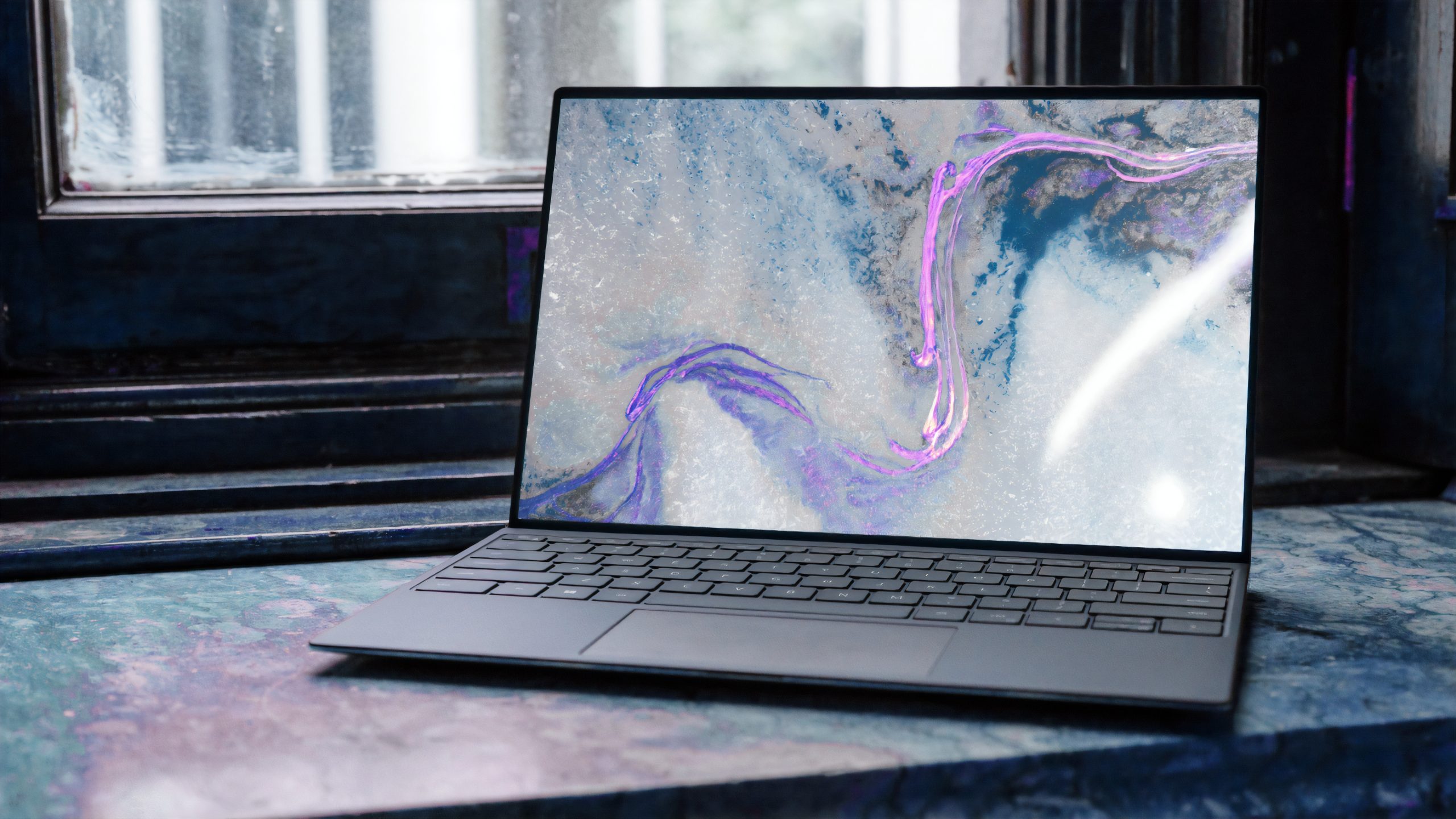Online learning has grown in popularity in recent years. While the COVID-19 pandemic resulted in millions of Canadian students having to study from home, online classes aren’t anything new. If you’ve decided to study a course online, it’s vital you have the essentials by your side to enhance your learning experience and get the grades you want. One of these is a laptop.
Your laptop is the most important device of all for facilitating learning, so you’ll want to invest in one that has all the features you need to fly through your course and gain top marks. With thousands of laptops to choose from, there are certain things to look out for which can help narrow down your search.
Price
The price of a laptop is by far the most important element of all. As a student, you may not have mountains of cash that you can spend on a device. This means you’re going to need to create a budget so you can figure out what you can realistically afford. In 2022, you can find laptops at all different price points. Sure, you may not get the best laptop on the market if you’re on a tight budget, but you may not need all the fancy gadgets and specs of one.
You can purchase a small device that won’t break the bank. Once you’ve created a budget and put money aside for a laptop, this should help you find one that’s suitable for your needs. If you’re not sure what you’re after, continue reading so you know what specifications are right for you.
Battery Life
Whatever course you study, you’re going to be on your laptop for long periods. Even if you’re studying online, you may decide you want to venture away from your computer desk and sit on the couch with your laptop. Should there not be a charging port nearby, you’ll want your laptop battery to last for as long as possible. Battery life is one of the top considerations when picking a laptop. When the warmer weather arrives, you may decide you want to sit outdoors in your backyard studying. While you can use a high-capacity power bank that can recharge your laptop, finding a device with a long battery life is better. When researching a laptop’s battery life, be aware that the manufacturer may not be telling you the full truth. In most cases, the battery life is less than what they’re advertising.
Weight
If you’re studying online, you may grow bored of learning at home. Many people find solace in a local coffee shop or library. Of course, you’re going to need to transport your laptop from A to B, so it’s important to pay attention to the laptop’s size and weight. As well as your laptop, you may need to carry notebooks and textbooks too, which can soon become heavy!
For those who are always on the go, a 13” lightweight laptop may be best for you. You don’t want to be exhausted at the end of the day, so it’s wise to avoid a huge 17” gaming laptop. Bear in mind that if you have a smaller laptop, they tend to have lower processing speeds and less storage space. However, they are easier to carry around!
Processing Power
If you’re after a laptop for general use like browsing the web or writing essays, you won’t have to worry too much about its technical specifications. However, if your course requires you to use specialised hardware and software, such as 3D rendering or video editing, you should invest in a laptop that has more powerful hardware. For applications to work, you will need a powerful processor. Bear in mind that you will need to shell out more money for this.
Storage Space
You’ll find most laptops nowadays feature at least 256GB of storage. Unless you’re into photography, video editing, or programming, this should be sufficient for your online studies. Storage space is an important factor to think about, as you’ll need to store all your coursework, reading materials, and essays. The more storage space you have, the more files you can keep hold of. While you can use a USB stick or external hard drive too, some students don’t want to hassle of having to do so.
Ports and a Webcam
Lots of laptops come with limited ports. You need to be aware of this if you’re a student. While three or four USB ports are enough for some students, you may need an HDMI port to connect your laptop to an external display or projector. You may need a USB-A port to connect an old device too, such as an external mouse.
If your laptop hasn’t got a webcam built-in, this may present challenges. When studying online, you may need to use videoconferencing software like Zoom or Skype to connect with students and tutors. While you can always go out and purchase a webcam that can be connected via a USB port, it’s best to stick with a laptop that has one already as this will save any added expenses.
Display
As an online student, you’re going to spend hour after hour behind your laptop. If you’ve chosen Aston University to study an online MBA in Canada, you will have lots of coursework and modules to tackle which will require a bigger screen. This is because a smaller screen can be hard on your eyes and result in eye strain. If you’re wanting a portable computer, think about having a 24” monitor installed in your room. This allows you to plug your laptop into it, which gives you a bigger display when you study. Trust us, your eyes will thank you for this!
Before you start an online course, having a reliable laptop on your desk is essential. This is because without one, you can’t do the program! Instead of getting caught up in marketing gimmicks and picking the first laptop you see, it pays off to do a little research and read a few buying tips before making any decisions.
Above anything else, your laptop should have excellent battery life, be easy to carry around and have lots of storage space to house all your reading materials, coursework, and essays.







